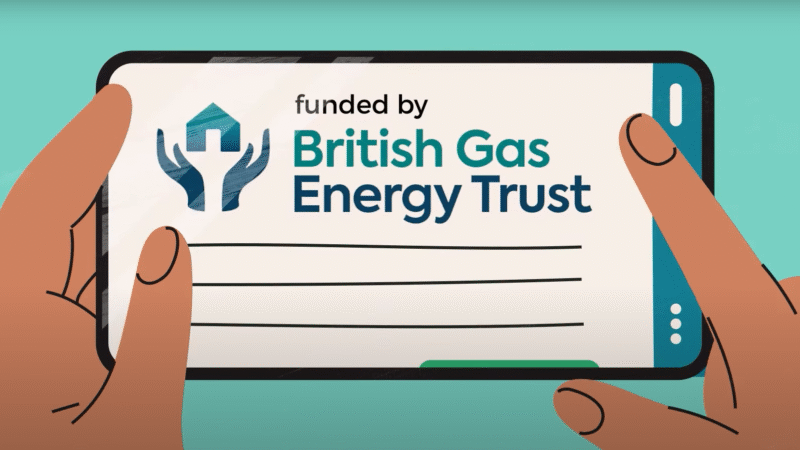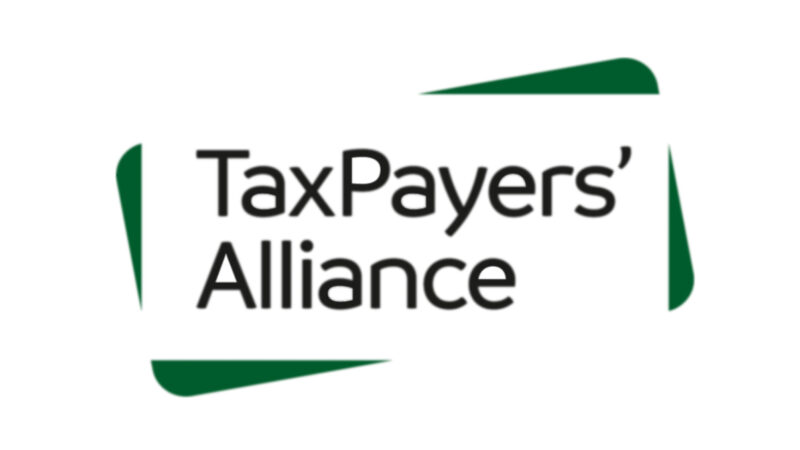Businesses to Watch Out for Common ‘Risk Trio’ as Economic Crisis Bites

Award-winning insurance specialists at Ascend Broking have issued a warning to businesses, urging them to watch out for three additional commercial risks likely to accompany the cost of living crisis.
The broker says insurance scams, fraud and theft are a trio of risks tending to emerge during times of economic downturn. It urges companies to be on their guard regarding some key situations in the coming months, ensuring they have the relevant insurance covers in place, should they be caught out.
Crash for Cash
This was the most prevalent insurance fraud in Q4 2021 and seems to be on the rise. It involves a road user deliberately engineering a crash, to seek an insurance payout. Having operated in certain major towns and cities, it seems to now be spreading out from those, to areas where motorists are less aware of the scam. This is despite the insurance sector trying to clamp down and prosecute fraudsters.
Companies should be aware of a risk to company vehicles and their drivers, who may suddenly find a car, or other vehicle in front of them, braking unexpectedly and for no apparent reason, so as to cause a rear-end shunt. Drivers should avoid tailgating, maintain good braking distances between themselves and the vehicle in front, especially in wet and icy conditions, and be ready to brake last-minute, particularly when pulling away from roundabouts and junctions. Having devices such as dash-cams fitted can be highly advantageous, producing evidence of what actually happened, should a claim be brought.
Internal Fraud and Theft
Desperate times lead some employees to take desperate measures, to gain extra cash. Even back in 2020, 56% of UK businesses were impacted by fraud, corruption or other economic crime.[1] Company directors should keep a keen eye on the books, looking out for any unexplained money transfers or payments, or inflated payments that do not match invoices. Ensure there is an invoice to tie up with every payment made and extend checks to payroll, making sure you recognise all names. Make sure wages are to the amounts they should be and that no unexpected bonus payments have appeared. Ghost’ suppliers and employees can sometimes emerge, particularly if one member of staff is in charge of invoicing or payroll.
Also, keep an eye on stock levels and restrict access to storage areas. Make sure keys are not left on hooks or desks. Check all new employee references thoroughly but also remember that many analyses of Internal fraud cases suggest that, very often, it is not the newest employees who carry out such crimes but long-trusted staff.
Cybercrime
Be more alert than ever to the possibility of cybercrime and make sure you train all staff in what to look out for and what not to do. Have firm policies in place about not clicking on links in emails or opening attachments and train staff in the latest scams, (such as those relating to underpaid postage items or parcels requiring additional details to be inputted on to a form). Make sure that accounts staff, in particular, put a number of checks in place before responding to requests for bank transfers and payments. Impersonating directors, or creating emails that look as though they come from directors, is a common way for criminals to elicit funds.
Urge employees to be alert when using hotspots out of the office and always use a VPN when using the Internet in these locations. Install anti-virus software, to try to prevent infected files entering your system, and prevent employees from bringing in their own USB hubs. Not all cybercrime is perpetrated by an unknown person and they could be seeking to install their own spyware or malware.
Ascend Broking also urges companies to check they have relevant insurance cover in place for these three key areas. A general insurance policy may not cover internal crime or cybercrime, or may have had cover for such risks removed since the policy was first taken out. Ascend Broking will check your policy cover for you, if you are unsure whether or not you have any protection in place.
When it comes to Crash for Cash, one key thing for companies to do is to check they have all of the relevant cover in place for their fleet vehicles. They can also talk to the fleet specialists at Ascend Broking about the onboard technology that can help prove or disprove liability, as well as helping to protect vehicles and goods from theft.
Companies should also ensure they do not have major liability risks emanating from their grey fleet – the privately owned vehicles that employees use on company business, sometimes in return for a mileage payment.
Directors need to remember that use of a private car for company business means their company duty of care extends to employees whilst they are driving their own private cars on the road for work purposes. On this basis, employers should be carrying out checks on employees’ insurance covers, the roadworthiness of their vehicles, road tax status and driving licences, as a bare minimum. All of these checks should be regularly updated, with evidence kept on file.
With cash for crash scams so prevalent, the grey fleet’s compliance needs to be in good shape, as any employee could easily be caught out, whilst driving for work purposes.
Ascend Broking’s managing director, Matthew Collins, says, “Tough economic times unfortunately create heightened insurance risks and companies need to be on their guard against them. Whilst they too may wish to cut back on cover, common sense should dictate that this is the very time at which insurance can often be most useful.
“We are happy to talk anyone through all of this, or provide a view on their existing policies and whether or not there are gaps in cover that are exposing them to big potential financial losses. It is better to be aware of the risks and take an informed view on what to do about them, rather than to have these big holes in your cover and only realise the financial consequences when an incident occurs.”






